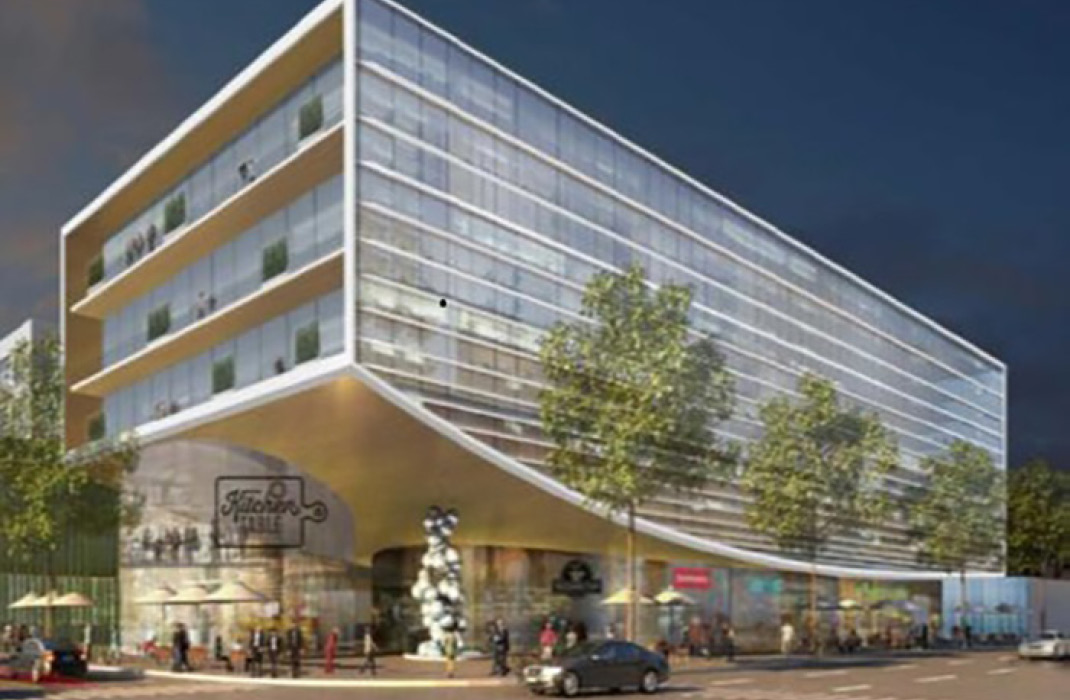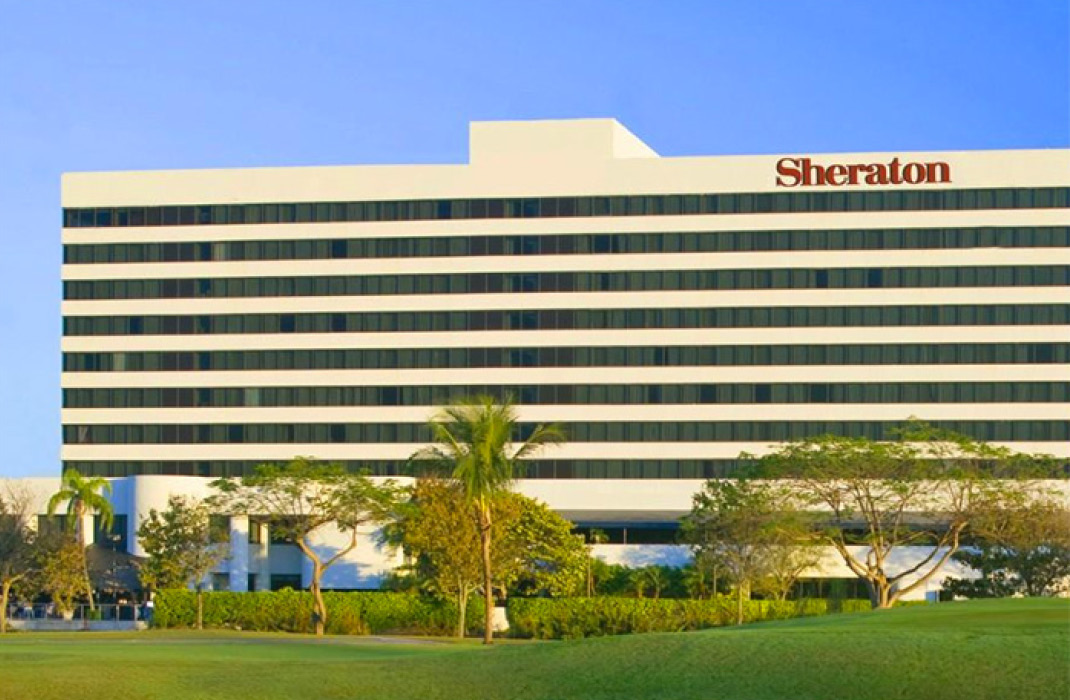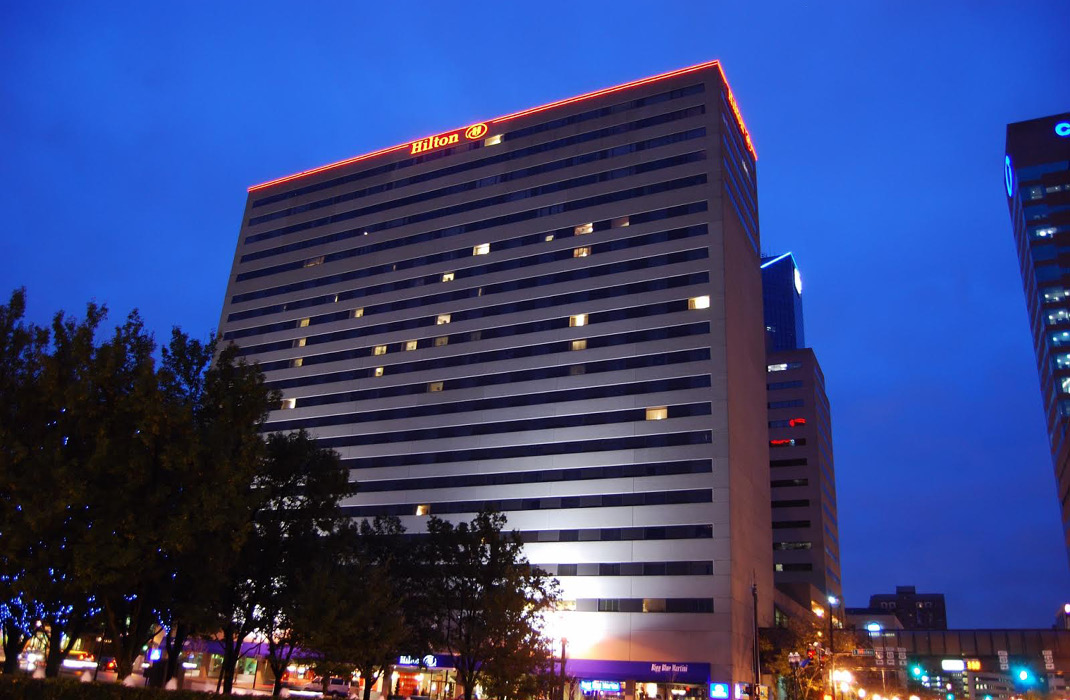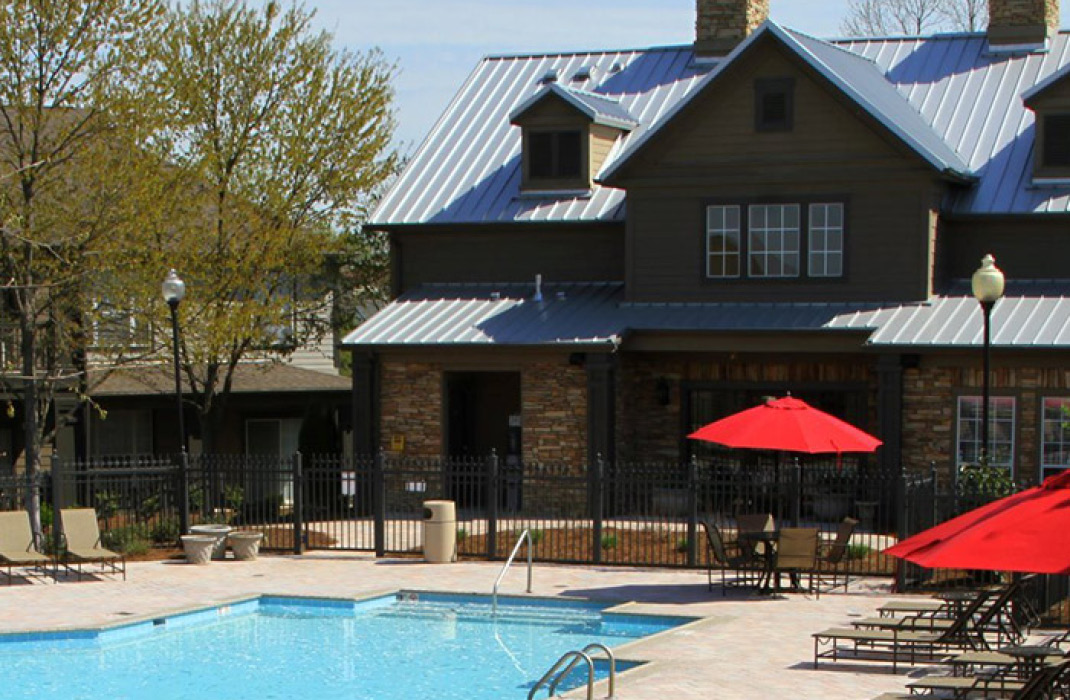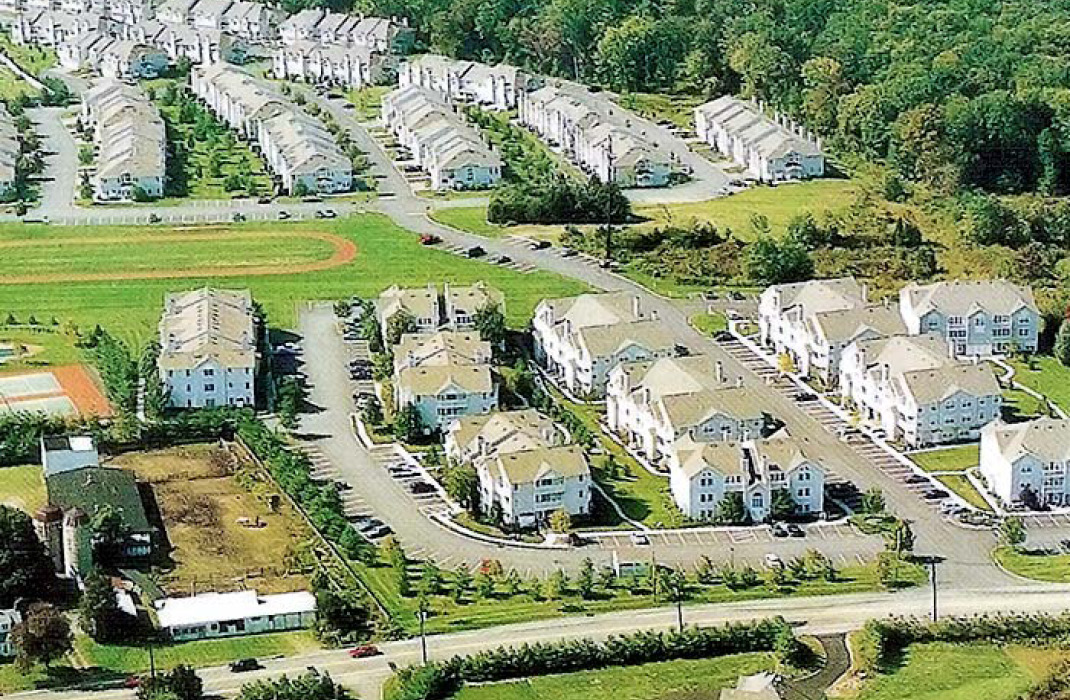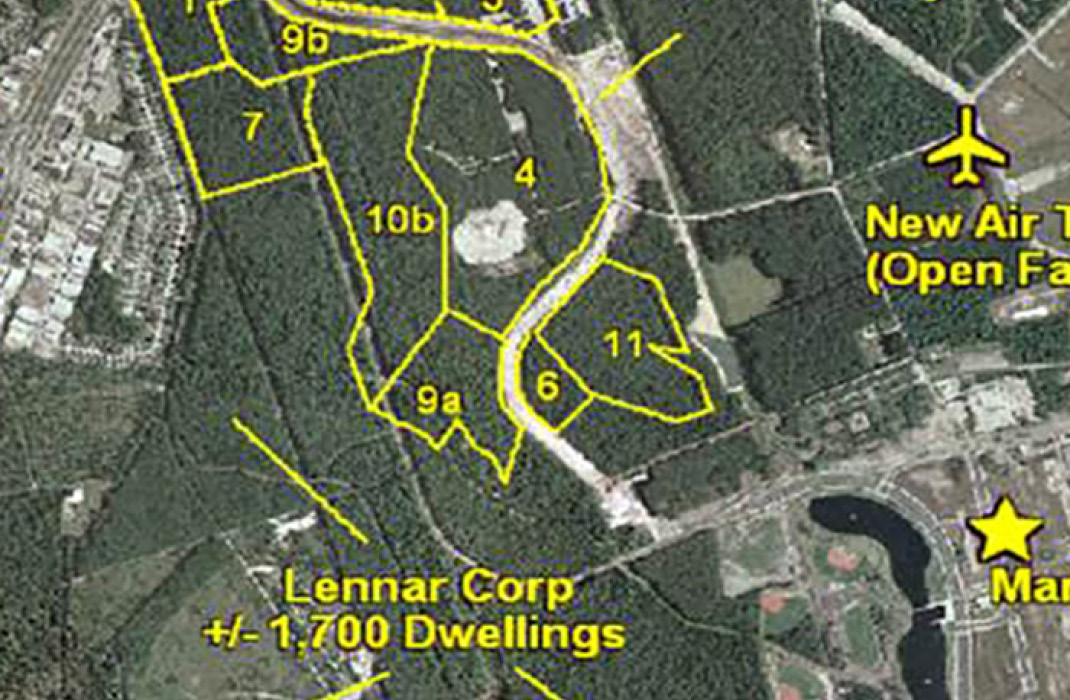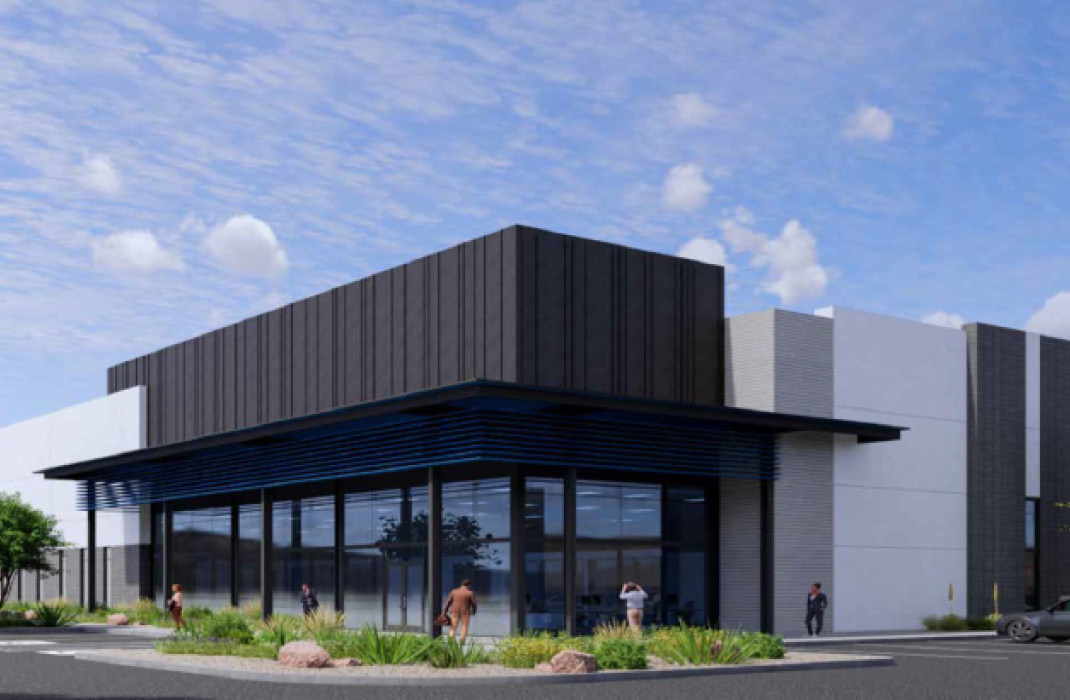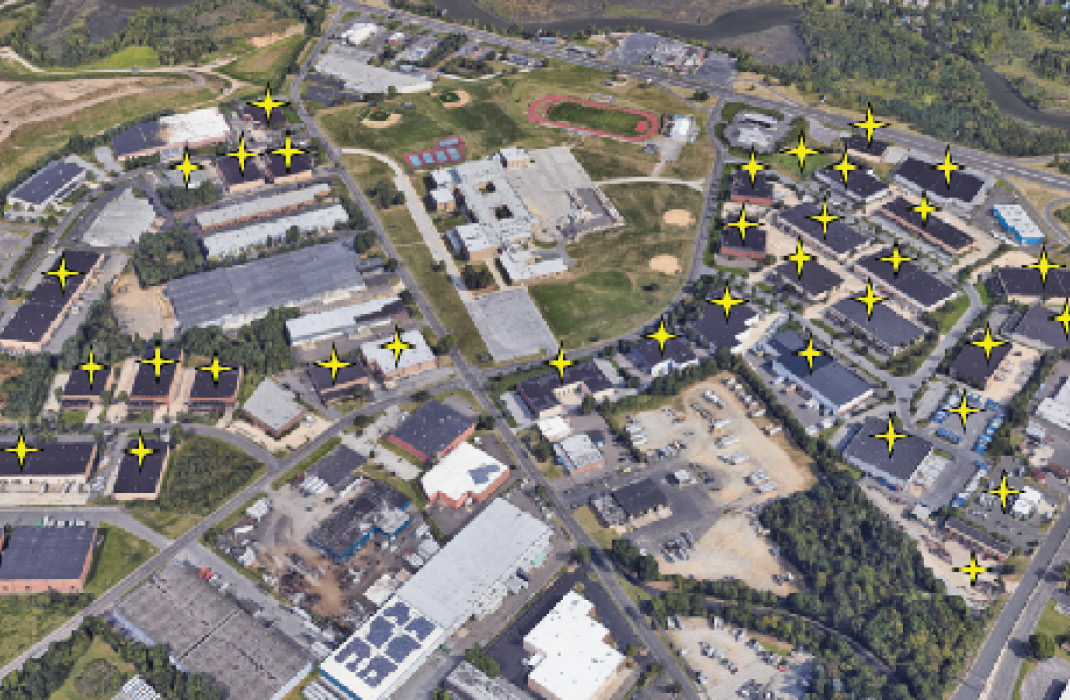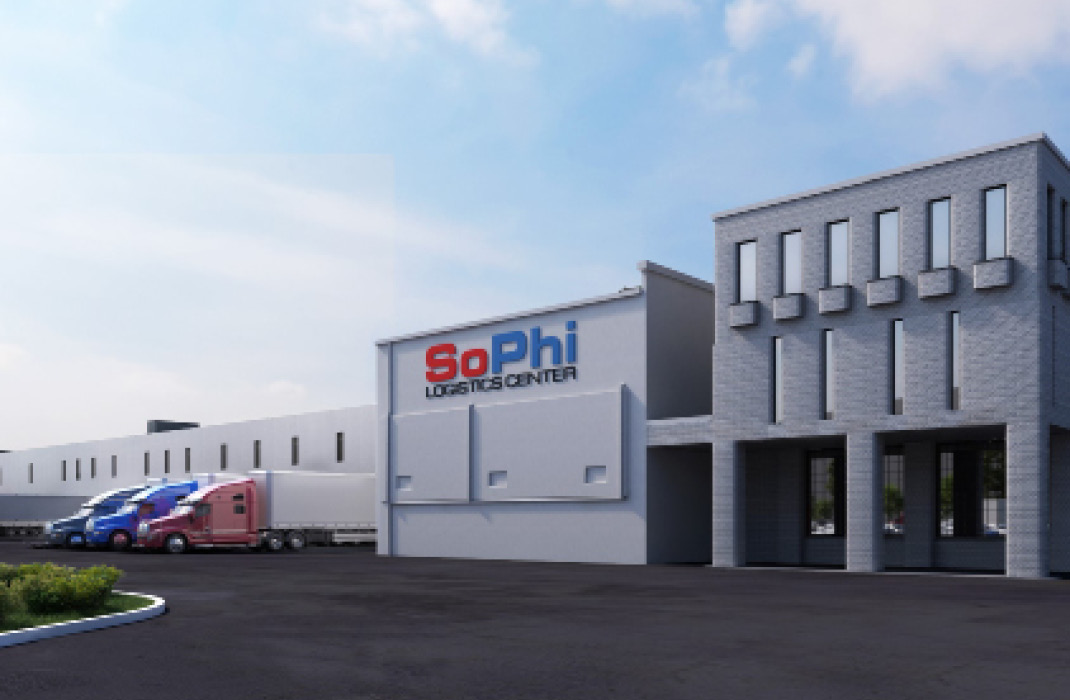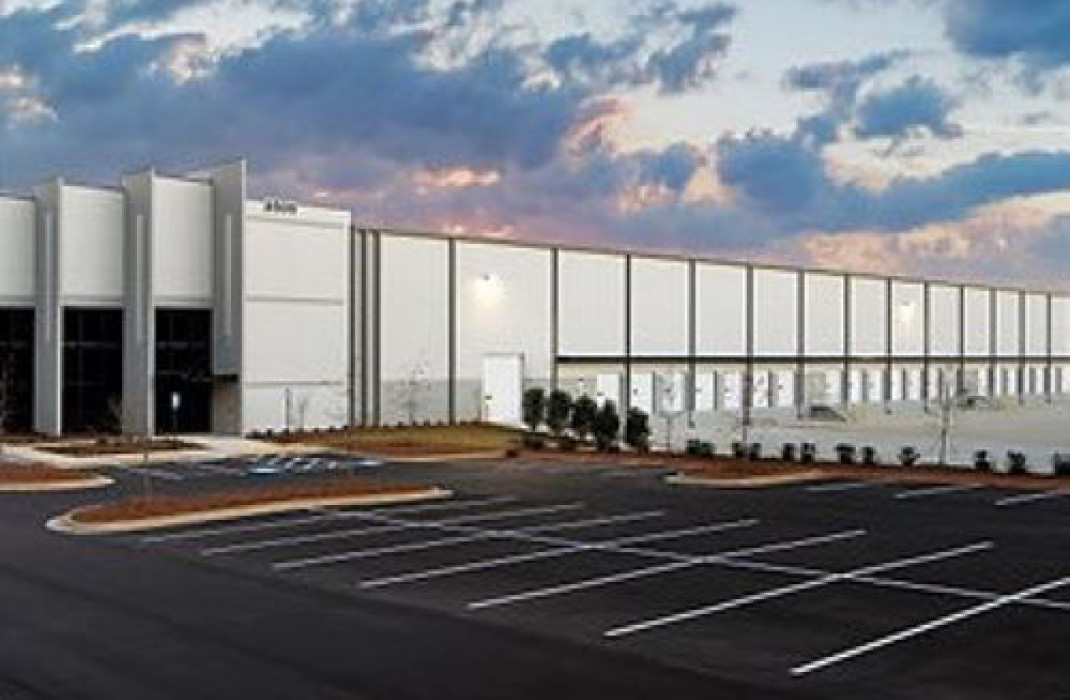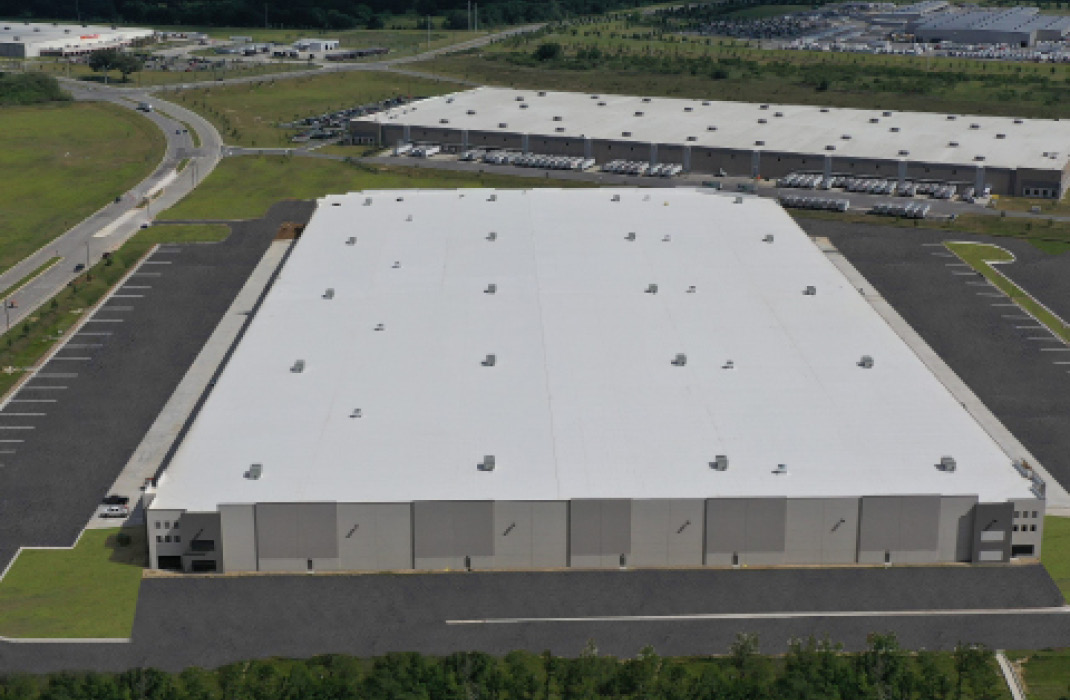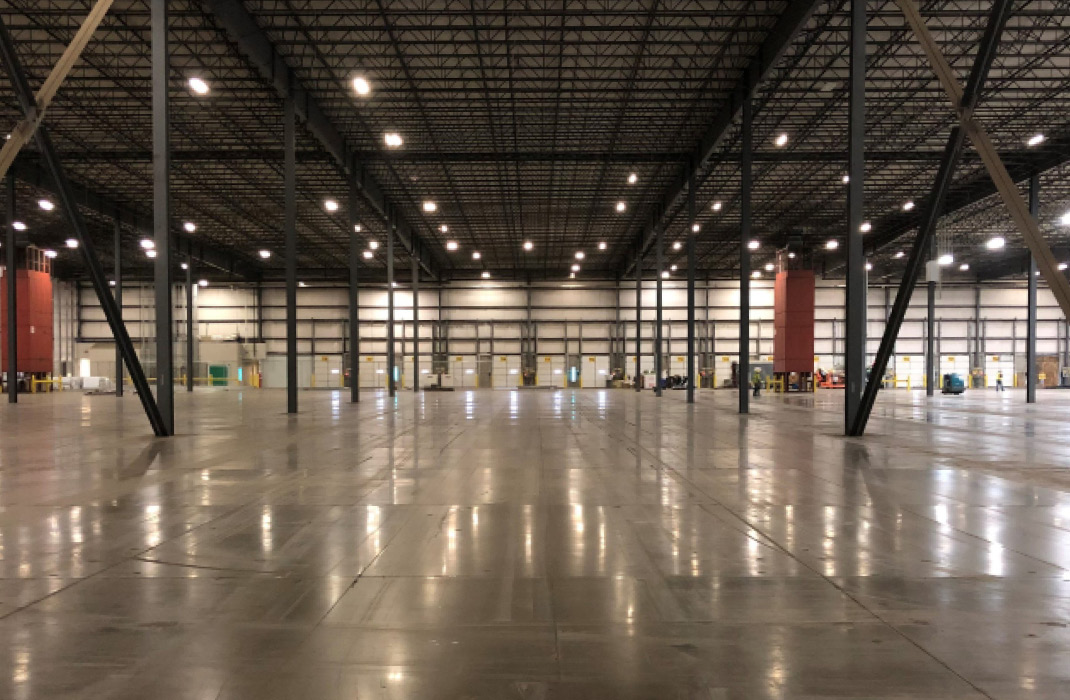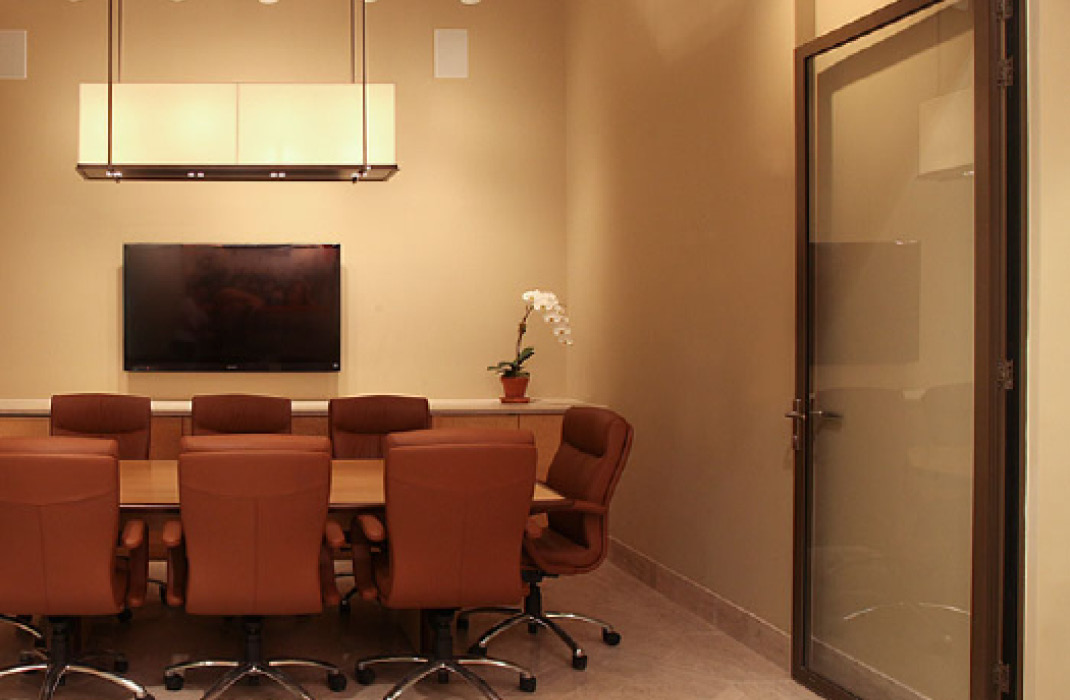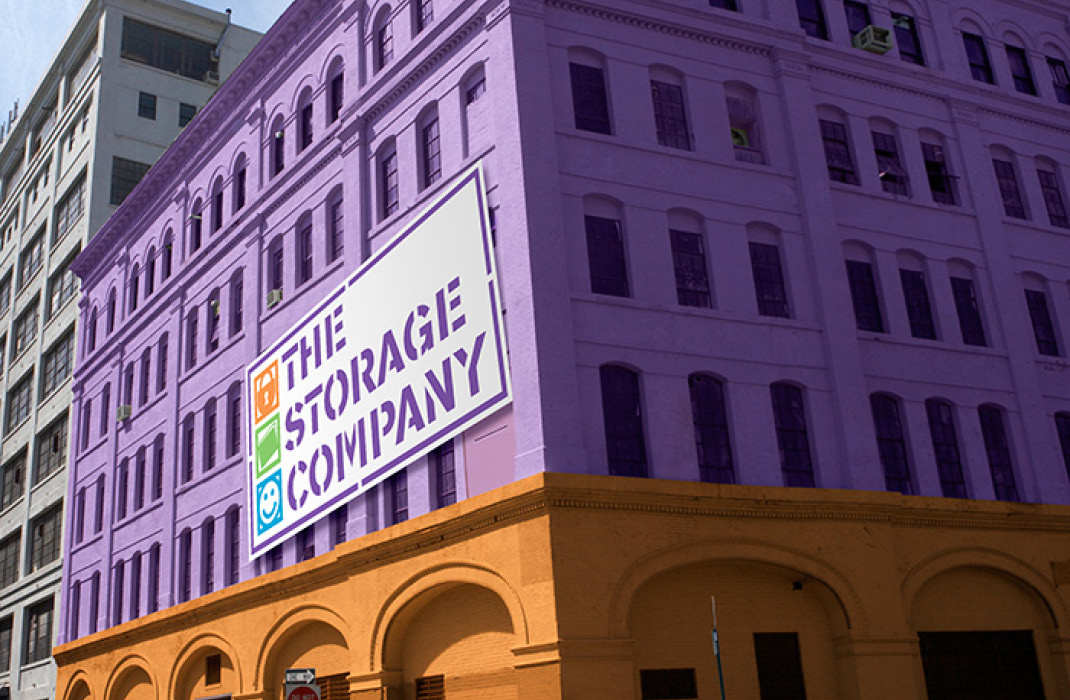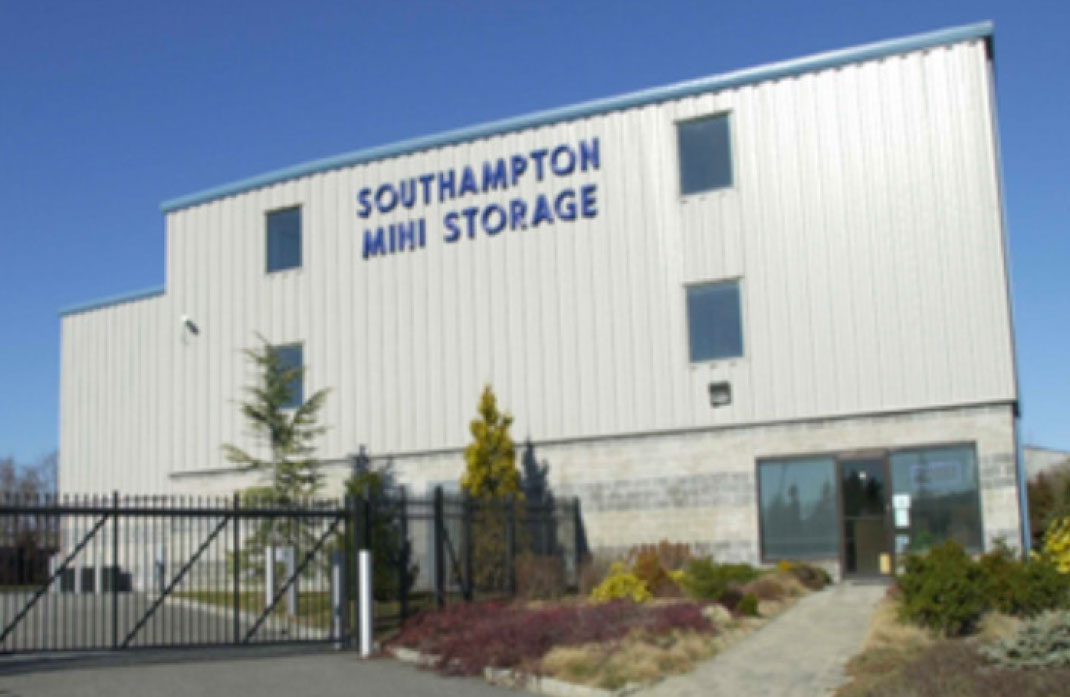Why a New York Real Estate Investor is Betting Big on South Jersey’s Industrial Market
In his more than 30 years working in the real estate industry, Peter Lewis hasn’t seen anything like it.
The president and founder of New York-based real estate investment firm Wharton Equity Partners has owned everything from hotels and apartment buildings to self-storage facilities over the past few decades, but the shift currently hitting the industrial real estate world is unlike any he’s encountered.
“In my career, I’ve never seen an asset class like industrial be so affected by the change in technology,” said Lewis, who has lectured on the topic and future of the real estate industry at Columbia Business School.
That’s one of the reasons why his firm has doubled down on industrial properties and on Friday teamed up with an investment fund tied to Walton Street Capital to buy up a sprawling 32-building industrial portfolio in Pennsauken for an undisclosed sum. The properties, about one-third of all investment properties in the township, are in the heart of one of South Jersey’s most in-demand areas – a demand he thinks will only climb.
“This is early. We are so early in this. We’re going to look back and view this as the first inning of what’s happening in the transformation of industrial,” he said.
While Lewis is bullish about industrial nationwide, he’s set his sights on the Philadelphia region for the same reasons it’s caught the attention of other out-of-state investors: its central location between Washington and New York, strong eds and meds sectors, skilled workforce, and major transit assets.
His firm’s first purchase in the area was a 283,500-square foot property at 2400 Weccacoe Ave. in Philadelphia that it bought last fall for $16.75 million. It invested $10 million in redeveloping it, and in less than a year landed an Amazon same-day delivery facility as a tenant.Lewis is especially focused on South Jersey as a major connector between the New York and Philadelphia markets.
As soon as the Bloom Organization told Lewis it wanted to sell the Pennsauken portfolio, the family-owned company’s last holding in the South Jersey industrial market it once dominated, he knew immediately he wanted to buy it.
Bloom has slowly pared down its holdings over the past 10 years following the death of its patriarch, Steven Bloom, in 2008. Lewis had built up a relationship with the company, he said, and they trusted his firm to be “good stewards” of the assets, which make up the Twinbridge Industrial Park and Veterans Industrial Park.
When Bloom first developed the Twinbridge and Veterans industrial parks in the 1980s and 1990s, they built them with 21-foot tall ceilings, significantly higher than the 14- to 16-foot heights that are far more common in Camden County industrial properties.
They also used concrete instead of asphalt in paving, cutting down on wear-and-tear caused by large tractor-trailers, and kept the landscaping in top shape, Lewis said.
Since the buildings were also built before the area became more densely populated, Bloom was able to build up a large footprint in an area that’s become much harder to develop. The high barrier to entry in Pennsauken, which is nestled between major bridges to Philadelphia and highways, means the competition is limited, he said.
Combine those factors with the ever-swelling demand for quick deliveries of goods bought online, and it’s clear Bloom’s development of the properties was ahead of its time.
“It was very forward-thinking,” Lewis said.
The portfolio’s 1,164,939 square feet of space is 100% leased to 49 tenants including Nestle Waters, PepsiCo’s SodaStream and Sprint.
Many of the tenants are more focused on services, light manufacturing and warehousing — not the massive e-commerce operations seen in other industrial areas — but Lewis thinks those companies will become the next wave of e-commerce players, and they’ll need the space to do so. He said he saw this trend emerging pre-Covid, and the pandemic is only accelerating it as people permanently shift away from in-store shopping. Facilities that are located close to those shoppers are going to be hotter than ever, he said.
“These middle-market companies are going to start transitioning to becoming much more sophisticated online,” he said. “They have to. What that means is they’re going to require more warehousing, which is what our property offers. I continue to see a real demand for warehousing in densely populated areas. It’s going to be all the way from the 4 million-square-foot guys to the 2,500-square-foot guys.”
Technology isn’t just changing the way people shop, and impacting how companies source, store and ship their products, Lewis said — it’s also changing how industrial buildings themselves operate.
As tools like robotics, artificial intelligence and autonomous vehicles become more widely adopted, he can picture a not-so-distant future where tenants are looking for a turnkey property that includes built-in technology elements.
“Think of automated forklifts and racking systems in place, software in place, instead of the potential tenants having to get all these things on their own,” he said.
In the meantime, he’s focused on expanding Wharton’s footprint in the market, which has quickly become significant with the purchase of the Pennsauken portfolio.
“We want to buy as much as we can buy that makes sense,” he said, adding they’re in negotiations now to purchase another property “of some” size. “We’re committed to the market.”

 Jack Wolff
Jack Wolff Gary Korn
Gary Korn Nicholas Aileo
Nicholas Aileo David E. Eisenberg
David E. Eisenberg Adam E. Krupp
Adam E. Krupp Ilaina Sperling
Ilaina Sperling
